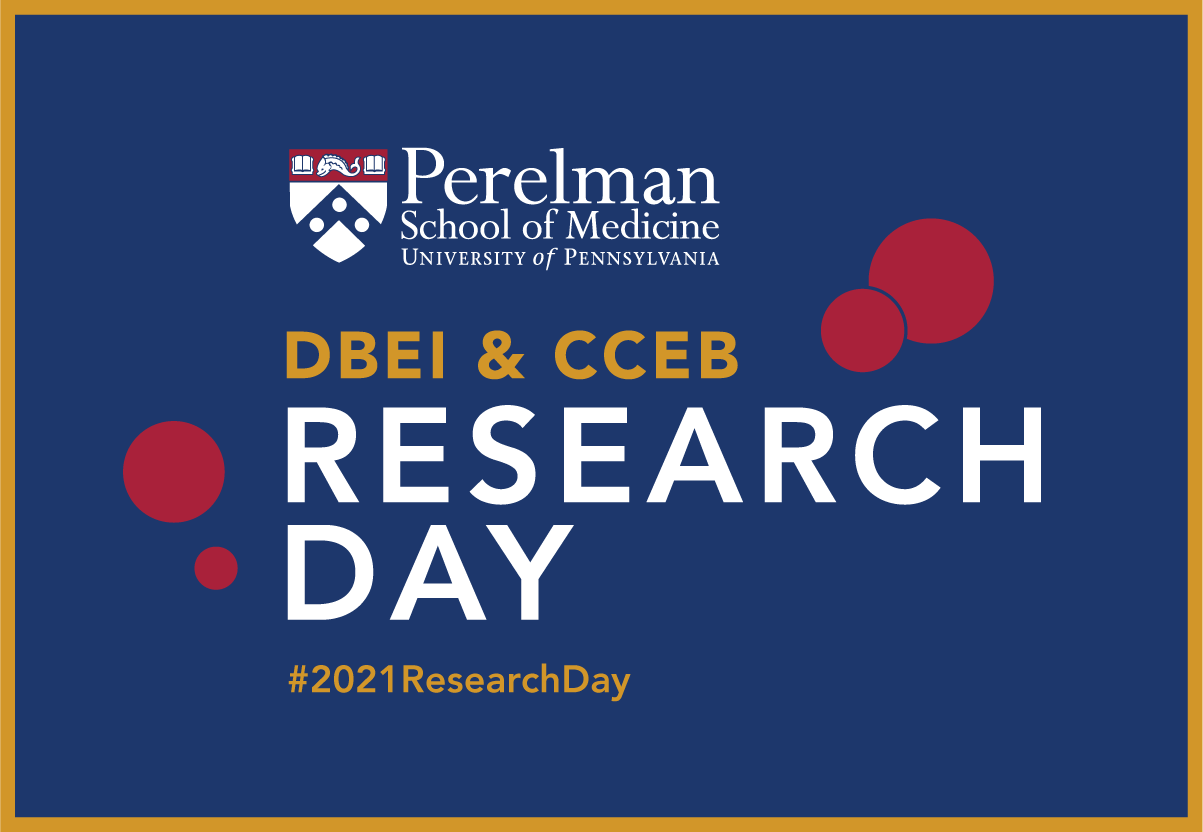Laura Tamayo Quintero
AlertaChirimacha: Shifting Community-Based Vector Surveillance to Social Media During COVID-19

Presenter

I am research assistant at the Zoonotic Disease Research Lab (Penn and Universidad Peruana Cayetano Heredia in Peru). I currently working with community base surveillance of Chagas disease vectors in Arequipa.
Abstract
The COVID-19 pandemics has brought new challenges for other infectious disease surveillance and control. The social distancing measures and the social immobilization imposed by the national government to avoid the transmission of SARS-CoV-2 virus in Arequipa-Peru have greatly affected the entomological surveillance of kissing bugs, the vectors of the etiological agent of Chagas disease: Trypanosoma cruzi. As a way to maintain the surveillance active, we created “AlertaChirimacha” a new system of communication and report that reduce the contact between the community and the vector control staff. We have used facebook advertising to promote the new reporting system via phone calls or WhatsApp messages. After the first paid post, we received 41 reports of insects that people considered to be kissing bugs, two of which has been confirmed. Compared to the last year (2019), the number of reports received increased by 192% and the rate of infested houses discovered has remained the same, even when in 2019 the reports was not the only way of surveillance. Those early results demonstrate the possibility of using social media to keep diseases surveillance active in situations where physical contact could not be possible.
Keywords
Community Surveillance, Chagas disease, Social mediaCommenting is now closed.
About Us
To understand health and disease today, we need new thinking and novel science —the kind we create when multiple disciplines work together from the ground up. That is why this department has put forward a bold vision in population-health science: a single academic home for biostatistics, epidemiology and informatics.
© 2023 Trustees of the University of Pennsylvania. All rights reserved.. | Disclaimer


Comments